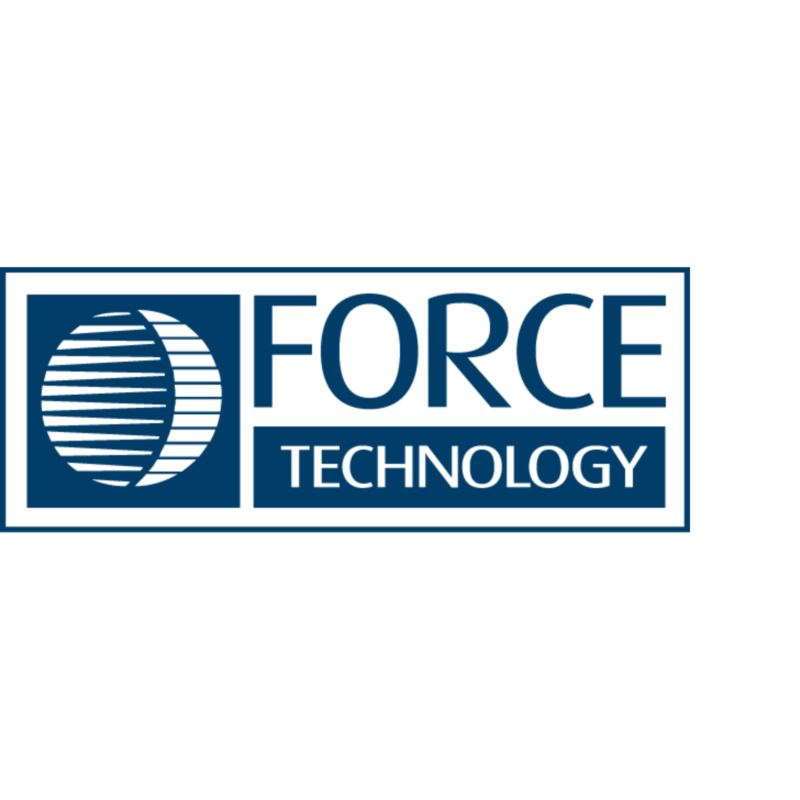Why does this matter? Because at present, almost 80 percent of Europe’s industrial data remains unused. That is an enormous amount of untapped potential. The Data Act aims to unlock it and data spaces will be the infrastructure that makes it possible.
From closed systems to shared value
Until now, much of the data produced by connected devices, from smart cars to industrial machines, has remained locked within companies. This limited who could benefit and slowed down innovation. The Data Act changes this dynamic.
Chapter III requires data holders to share data on fair, reasonable and non-discriminatory (FRAND) terms. With this, the law opens markets that were previously closed. Small and mid-sized companies gain access to valuable information they could never reach before. Larger players can build stronger ecosystems and more flexible services.
This new openness brings challenges: how do you share data fairly, securely and without losing control? The answer lies in data spaces.
Data sharing takes place in data spaces
Data spaces provide a framework for trusted data sharing across industries and borders. Participants do not need to hand over control or centralize everything on one platform. Instead, they remain sovereign over their data and can grant access to others under agreed rules.
In practice, this means ecosystems can flourish. A mobility data space, for example, could connect car makers, service providers and public authorities to improve traffic, reduce emissions and create better services – all without any party giving up control of its own data.
Importantly, the Data Act itself acknowledges this: Article 33 explicitly refers to “common European data spaces” and makes interoperability within them a legal requirement.
The Data Act does not just apply to companies. It also strengthens the rights of individuals. If you own or lease a smart product like a connected car or a home device, you have the right to access the data it generates and decide who else may use it.
For businesses, this means new responsibilities: ensuring users can actually exercise those rights easily, securely and transparently.
Interoperability as a foundation
For large-scale sharing to work, systems must be compatible. The Data Act makes interoperability a legal requirement. Data must be machine-readable, enriched with metadata and accessible through standardized APIs.
This is the backbone of open, competitive digital markets. Without interoperability, data sharing would quickly lead to lock-in or fragmentation. With it, companies can build services that scale across Europe and beyond.
To deliver on this, the European Commission has published its Standardization Request (Mandate 614), which the European Standardization Organizations have accepted. CEN/CENELEC JTC 25 will focus on trusted transactions, maturity assessments and governance, while ETSI TC Data addresses semantic frameworks and catalogues. Their work links to international efforts such as ISO/IEC 20151, which builds directly on the IDSA Rulebook, and to technical specifications like the Dataspace Protocol, which supports compliance with the Act’s interoperability requirements.
What this means for the community
For those already working on data spaces, the Data Act brings regulatory support for what the community has been building for years. It also raises expectations: interoperability, governance and trust are no longer “nice to have”, they are legal obligations.
Companies that move early, align with common standards and join cross-sector data spaces will be best positioned. They will not only comply with the law but also gain a competitive advantage in a more open, balanced data economy.
The EU Data Act will be a catalyst for a shift in Europe’s digital economy from locked data to shared value. Data spaces will be the main tool to make this shift work, ensuring that data can flow securely, fairly and efficiently.










